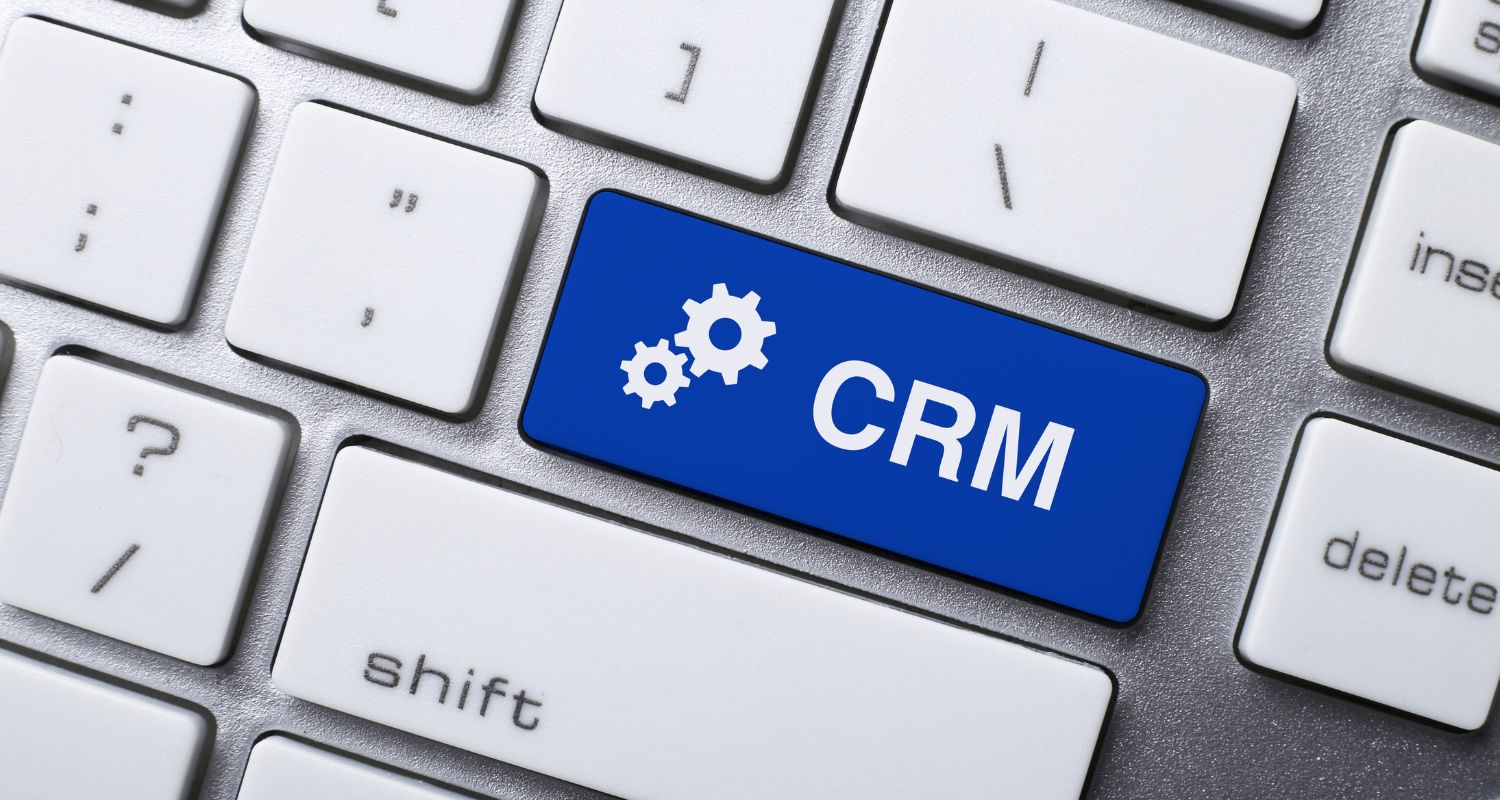In today’s highly competitive business landscape, customer relationship management (CRM) plays a vital role in fostering strong relationships with customers and driving business growth. However, many businesses struggle to find a CRM solution that aligns perfectly with their unique branding and requirements. This is where white label CRM comes into play.
In this comprehensive guide, we will explore the concept of white label CRM, its benefits, implementation strategies, and how it can empower businesses to create a personalized and tailored CRM experience. Whether you are a small startup or a large enterprise, this guide will equip you with the knowledge and insights needed to leverage the power of white label CRM and take your customer relationships to new heights.
White Label CRM: Empowering Businesses with Customization
Understanding White Label CRM
White label CRM refers to a CRM solution that can be fully customized and rebranded to match a business’s unique identity. Unlike traditional CRM systems, which often come with predefined templates and limited customization options, white label CRM allows businesses to create a CRM platform that reflects their brand, values, and workflows. With white label CRM, businesses can leverage the power of customization and tailor the CRM experience to meet their specific needs.
The Power of Customization
Customization is the cornerstone of white label CRM. It enables businesses to go beyond the limitations of out-of-the-box CRM solutions and create a CRM platform that aligns seamlessly with their business processes. By customizing their CRM, businesses can:
- Enhance Branding: White label CRM allows businesses to incorporate their brand elements, such as logos, color schemes, and fonts, into the CRM interface. This not only strengthens brand identity but also creates a consistent brand experience for customers.
- Streamline Workflows: By customizing the CRM interface and functionality, businesses can optimize their workflows and tailor the CRM system to match their specific processes. This leads to increased efficiency and productivity across the organization.
- Improve User Adoption: Customized CRM systems are more user-friendly and intuitive for employees, leading to higher user adoption rates. When the CRM system reflects the company’s terminology and workflows, employees are more likely to embrace it as a valuable tool.
- Drive Customer Engagement: White label CRM allows businesses to create a customer-centric CRM platform that provides a personalized experience to their clients. By tailoring the CRM to match customer preferences and needs, businesses can enhance customer engagement and build stronger relationships.
Implementation Strategies for White Label CRM
Implementing a white label CRM solution requires careful planning and execution. Here are some key strategies to consider when implementing white label CRM:
1. Assessing Your Business Needs
Before diving into white label CRM, it is crucial to assess your business needs and understand what you want to achieve with the CRM system. Identify the pain points in your current CRM setup and define the specific customization requirements that will address those challenges. By setting clear goals and expectations, you can streamline the customization process and ensure the CRM solution aligns with your business objectives.
2. Choosing the Right White Label CRM Provider
Selecting the right white label CRM provider is crucial for a successful implementation. Look for a provider that offers a robust and flexible CRM platform that can be easily customized to meet your unique requirements. Consider factors such as scalability, ease of use, customer support, and integration capabilities when evaluating different providers. Additionally, check for references and read customer reviews to gauge the provider’s reputation and track record.
3. Customizing the CRM Interface
One of the key advantages of white label CRM is the ability to customize the CRM interface to match your brand identity. Incorporate your brand elements, such as logos, color schemes, and fonts, into the CRM interface. Ensure that the CRM platform provides options for customization at a granular level, allowing you to create a visually appealing and cohesive brand experience.
4. Tailoring Functionality and Workflows
In addition to the visual customization, white label CRM enables businesses to tailor the functionality and workflows to their specific needs. Analyze your existing business processes and identify areas where the CRM system can be optimized. Customize data fields, add new modules, and define automation rules to align the CRM system with your unique workflows. This customization will streamline operations, improve efficiency, and maximize the value of the CRM investment.
5. Training and Onboarding
Implementing a white label CRM solution involves training your employees on the new system and ensuring a smooth transition. Provide comprehensive training sessions to familiarize your employees with the customized CRM interface, functionality, and workflows. Offer ongoing support and documentation to address any questions or challenges that arise during the onboarding process. By investing in proper training and support, you can accelerate user adoption and maximize the benefits of white label CRM.
FAQs about White Label CRM
FAQ 1: What are the key advantages of white label CRM?
White label CRM offers several advantages, including:
- Full customization and branding opportunities
- Tailored workflows and functionality
- Enhanced user adoption and engagement
- Consistent brand experience
- Increased operational efficiency
FAQ 2: Is white label CRM suitable for small businesses?
Yes, white label CRM is highly suitable for small businesses. It allows them to create a CRM platform that aligns with their unique requirements and growth aspirations. By customizing the CRM system, small businesses can optimize their processes, enhance customer relationships, and drive growth.
FAQ 3: Can white label CRM be integrated with other business systems?
Yes, white label CRM can be seamlessly integrated with other business systems such as marketing automation, e-commerce platforms, and customer support tools. Integration capabilities ensure a seamless flow of data across different systems, enabling businesses to streamline processes and gain a 360-degree view of their customers.
FAQ 4: How does white label CRM contribute to customer engagement?
White label CRM contributes to customer engagement by allowing businesses to create a personalized and tailored CRM experience. By customizing the CRM system to match customer preferences and needs, businesses can provide a seamless and personalized customer journey. This leads to higher customer satisfaction, increased loyalty, and stronger relationships.
FAQ 5: Can I migrate my existing CRM data to a white label CRM system?
Yes, most white label CRM solutions offer data migration capabilities. You can migrate your existing CRM data to the new system with the help of your CRM provider or a third-party data migration service. It is crucial to plan and execute the migration process carefully to ensure data integrity and minimize disruptions to your business operations.
FAQ 6: Is white label CRM suitable for industries with specific compliance requirements?
Yes, white label CRM can be customized to meet the specific compliance requirements of different industries. Whether you operate in healthcare, finance, or any other regulated industry, white label CRM allows you to adhere to industry-specific regulations and maintain data security and privacy.
Conclusion
White label CRM empowers businesses to take control of their customer relationships and create a CRM platform that aligns perfectly with their unique branding and workflows. By leveraging the power of customization, businesses can enhance brand identity, streamline workflows, and drive customer engagement. When implemented strategically, white label CRM can become a game-changer for businesses of all sizes, providing them with a competitive edge in today’s dynamic market.
So, if you are looking for a CRM solution that truly reflects your brand and meets your specific requirements, consider the power of white label CRM. Unleash the potential of customization and create a CRM experience that sets you apart from the competition.
 FLPJEPANG.COM Be Smart!
FLPJEPANG.COM Be Smart!




